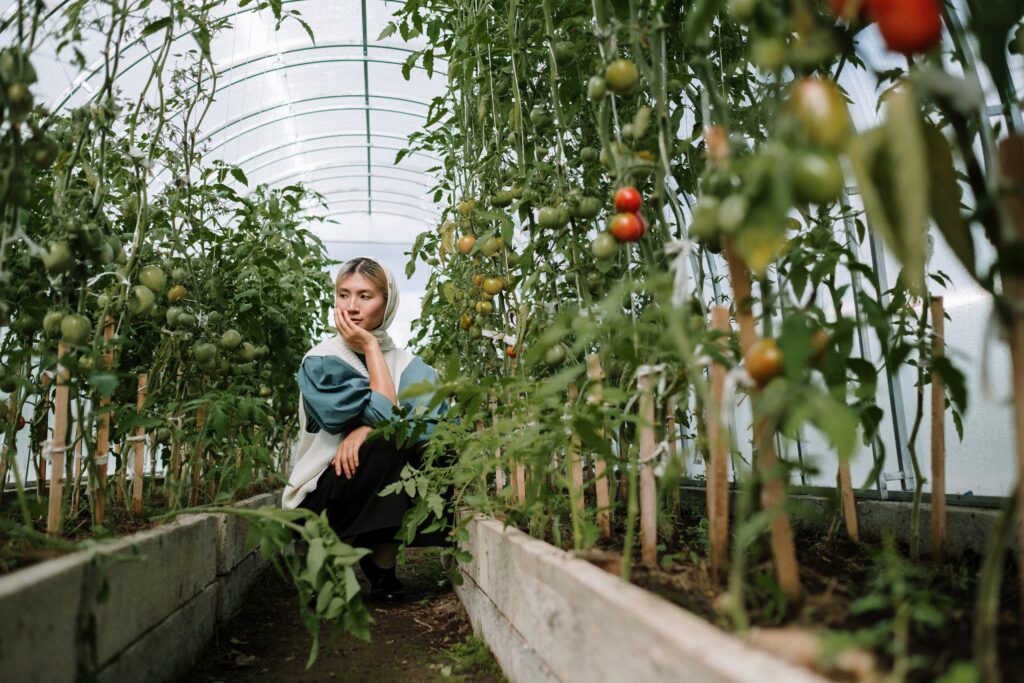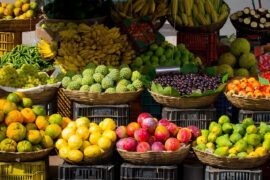Introduction
You might be surprised to learn that there are many benefits to organic farming. From environmental benefits to public health benefits, organic farming is a much more sustainable option than conventional farming.
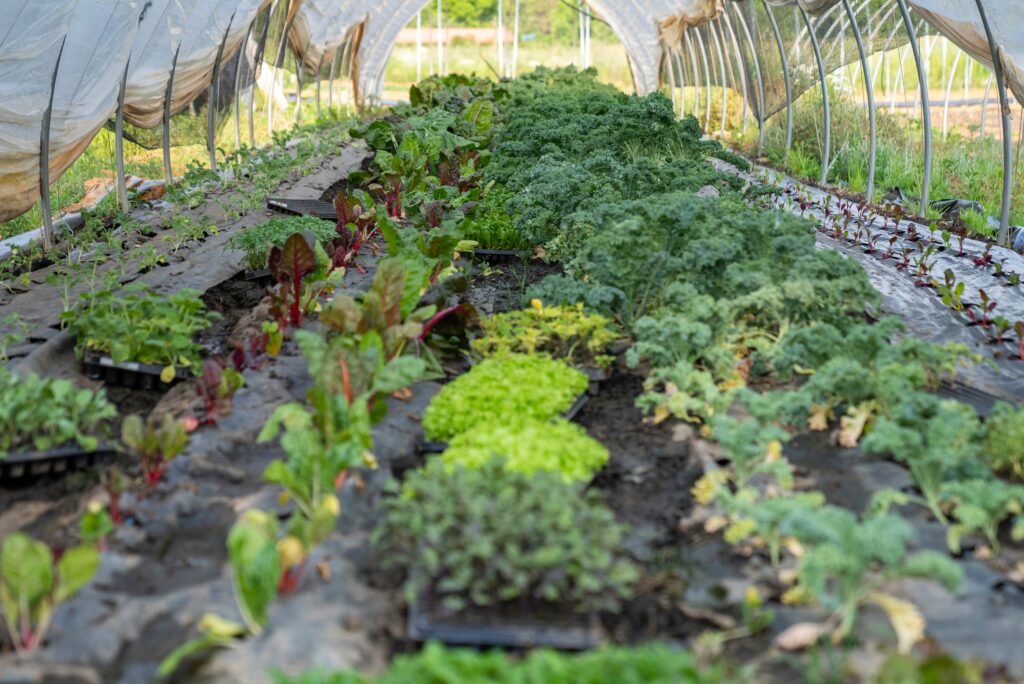
In this post, we’ll cover the top 10 benefits of organic farming. We’ll explore how organic farming helps to preserve our environment, how it supports public health, and how it benefits farmers and consumers alike. We’ll also look at some of the criticisms of organic farming and why they are misplaced.
At the end of the post, we’ll leave you with a few words of wisdom: organic farming is worth your consideration!
Healthier Food
Imagine eating food that’s grown without the use of pesticides, herbicides, and other chemicals. Believe it or not, this is the norm for organic farming.
When you eat food that’s grown using organic methods, you’re getting all the nutritional benefits that come with it. Plus, you’re not ingesting any of the harmful chemicals that are used in conventional farming.
And if that’s not enough to convince you, consider this: organic farming is better for the environment. Organic farms don’t use synthetic fertilizers, which means there’s less runoff and less pollution.
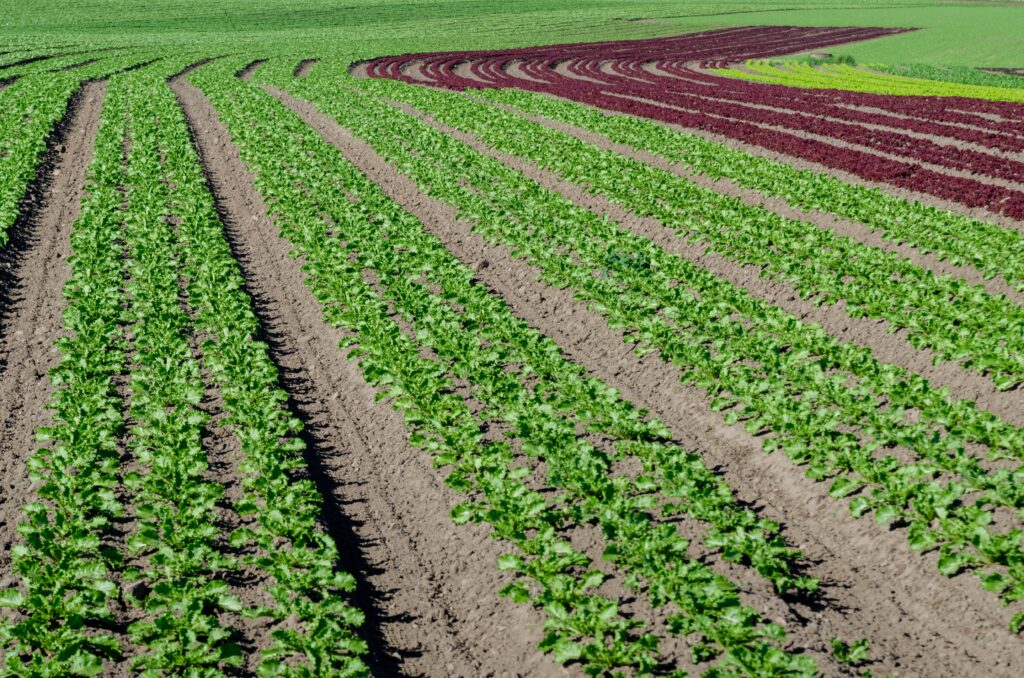
Fewer Pesticides
You know the saying “you are what you eat”? Well, that goes for plants, too. When they’re grown with pesticides, they absorb all those chemicals.
And what does that mean for us? It means we’re eating food that’s laced with pesticides. Yum. Not only is that bad for our health, but it’s also not good for the environment.
Organic farming doesn’t use any pesticides. Instead, farmers rely on crop rotation, companion planting, and other methods to keep pests at bay. And organic farming is better for the environment because it doesn’t contaminate soil and water supplies with harmful chemicals.
More Nutritious
When you switch to organic farming, you’re not only doing your part to help the environment, but you’re also providing your family with healthy and nutritious food.
Organic fruits and vegetables are lower in toxins, higher in antioxidants and vitamins, and have a more intense flavor than their conventionally grown counterparts. In fact, studies have shown that organic produce has more than twice the amount of antioxidants as non-organic produce.
Plus, organic farming is the only way to ensure that your food is GMO-free. So if you’re looking for the healthiest and most sustainable option, organic farming is the way to go.
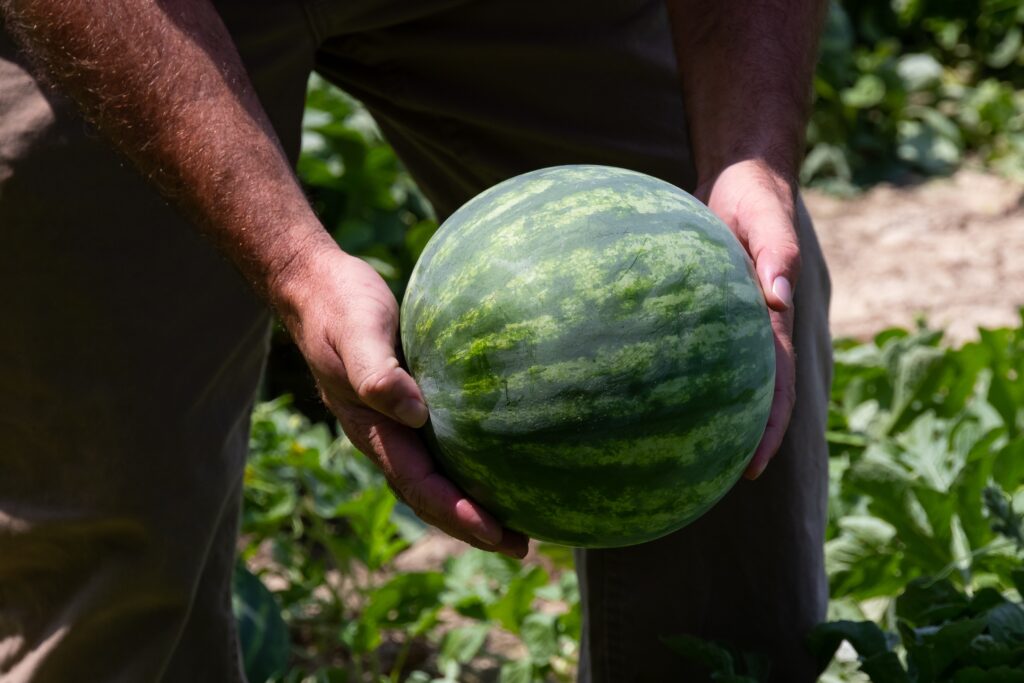
Better for the Environment
If you’re still not convinced that organic farming is the way to go, then consider this: organic farming is much better for the environment. In fact, it’s the only way to go if we want to save our planet.
Here are just a few of the ways organic farming is better for the environment:
1. It doesn’t use chemical pesticides or fertilizers, which means there’s less pollution and runoff.
2. Organic farming supports biodiversity, which is crucial for keeping our planet healthy.
3. It sequesters more carbon than conventional farming, which helps reduce global warming.
4. It doesn’t use genetic engineering or artificial additives, which can wreak havoc on the environment.
5. Organic farming is more energy-efficient and sustainable than conventional farming.
6. It encourages crop rotation and sustainable land management, which helps preserve our natural resources.
7. It produces healthier food that’s free of toxins and chemicals.
8. It builds soil health and helps reduce soil erosion.
9. It’s better for human health and helps reduce antibiotic resistance.
10. It supports local economies and sustainable agriculture practices
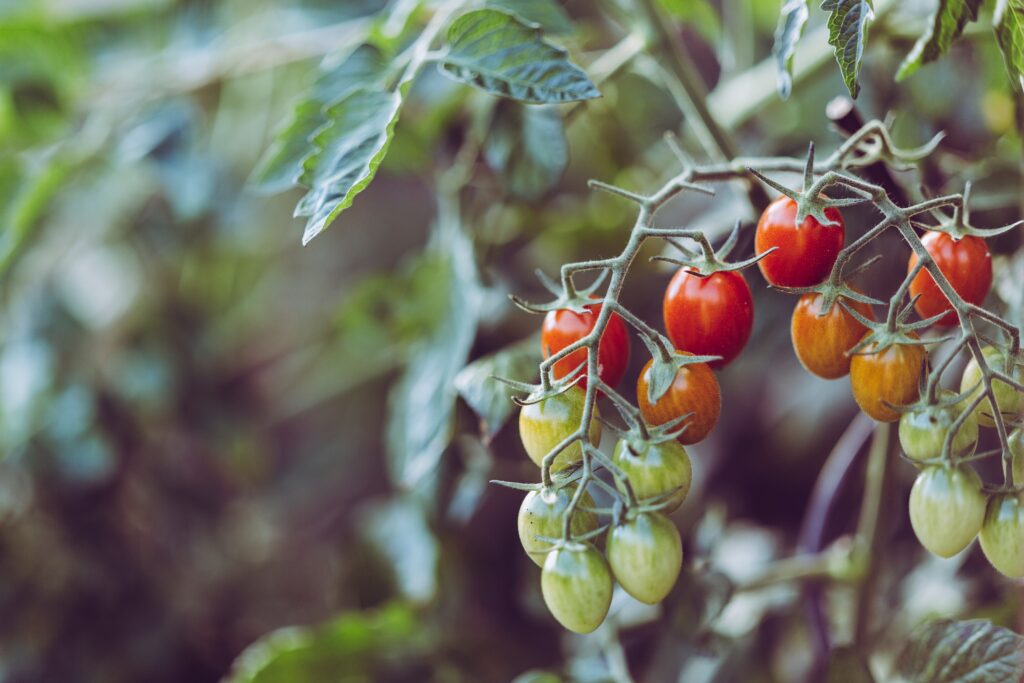
Builds Healthier Soil
When you farm organically, the focus is on building healthier soil. And over time, this soil becomes richer and more fertile, which means you can grow more nutritious crops.
But it’s not just about the crops—the soil plays a crucial role in filtering water and preventing erosion. In fact, organic farming is one of the best ways to protect our precious groundwater.
So if you’re looking for a way to improve your soil and your crops, organic farming is definitely worth considering.
Biodiversity
When you think of organic farming, the first thing that comes to mind is probably crops that are grown without the use of pesticides or chemical fertilizers. But it’s so much more than that.
Organic farming is all about preserving biodiversity. It’s about using sustainable methods to grow crops and raise animals in a way that doesn’t damage the environment. And it’s working. Studies have shown that organic farming can help improve soil health, reduce water pollution, and promote crop diversification.
What does this mean for you? It means that organic food is not only good for your health, but it’s also good for the planet. So next time you’re at the grocery store, skip the processed foods and go for something that’s organic. Your body and the environment will thank you for it.
No Genetically Modified Organisms
When you’re talking about organic farming, one of the key benefits is that it doesn’t involve any genetically modified organisms.
What does that mean for you and your family? It means that you can feel good about eating organic produce because you know that it’s grown without any artificial chemicals or pesticides.
In a world where more and more foods are being genetically modified, organic farming is more important than ever. It’s a way to maintain the integrity of our food supply and protect our environment.
How to Start a Successful Backyard Farm
Supports Small Farmers
When you buy organic produce, you’re supporting small farmers all over the world. Organic farming is a way of life for these farmers, and it’s their livelihood.
They don’t use pesticides or chemical fertilizers, so they rely on natural methods to keep their crops healthy and thriving. This is something that’s been passed down for generations, and it’s an important part of their culture.
So when you buy organic produce, you’re not only getting food that’s healthier for you and your family, but you’re also supporting a way of life that’s been passed down for centuries. It’s a win-win!
Animal Welfare
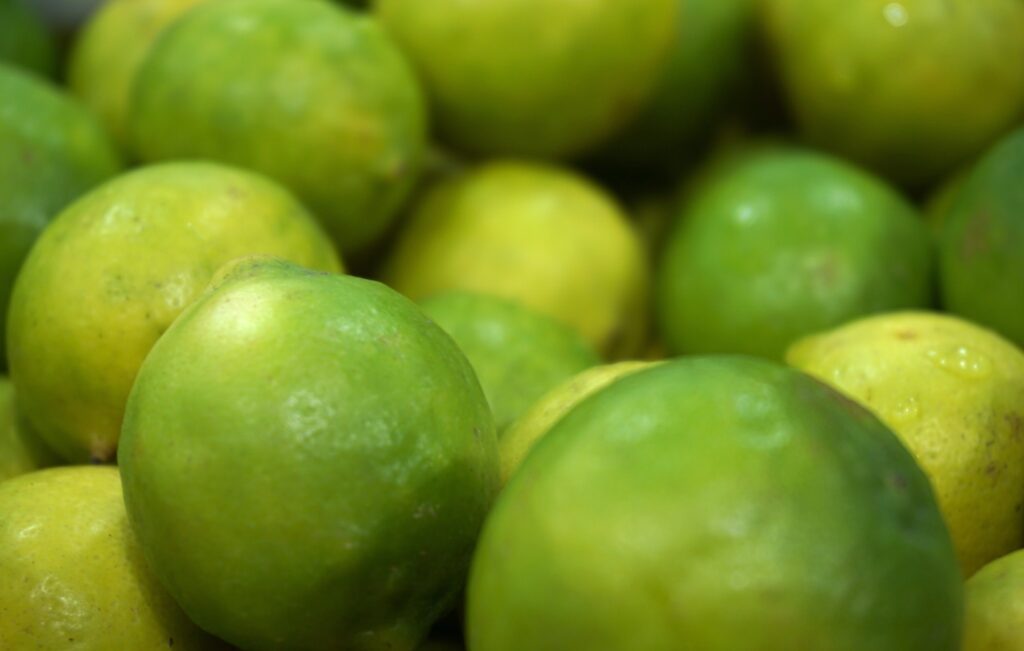
When you think about organic farming, the first thing that comes to mind is probably the health of the crops. But what you may not know is that organic farming is also great for the welfare of animals.
How to Raise Organic Chicken: 5 Questions Answered in the Ultimate Guide
Here are just a few of the ways that organic farming protects animals:
1. No pesticides or herbicides are used, so there’s no risk of animals ingesting harmful chemicals.
2. Organic farmers are prohibited from using antibiotics or growth hormones on their animals, so they’re not exposed to those either.
3. Animals on organic farms are free to roam and graze, which is better for their overall welfare.
So if you’re concerned about the welfare of animals, you should definitely consider organic farming. It’s an ethical choice for animal lovers everywhere.
How to Start Your Own Tomato Farm in 7 Easy Steps
Taste
Imagine biting into a piece of fruit that was grown with pesticides and chemicals. Now imagine biting into a piece of fruit that was grown organically. The taste difference is incredible, right?
Organic fruits and vegetables are free of harmful chemicals and pesticides, meaning you’re getting more nutrients and flavor when you eat them. Plus, they’re better for the environment, too. It takes fewer resources to grow organic crops, so you’re helping to preserve our planet when you make the switch.
Conclusion
There are many benefits to organic farming, and if you’re not already convinced, this list should do the trick!
Organic farming is more sustainable than traditional farming, it helps protect and preserve the environment, and it’s better for your health. It also supports the local economy and helps keep small farms alive.
Organic farming is the future of agriculture, and if you’re not on board yet, now is the time to start learning about it. There are many benefits to organic farming, and the sooner we make the switch, the better.

